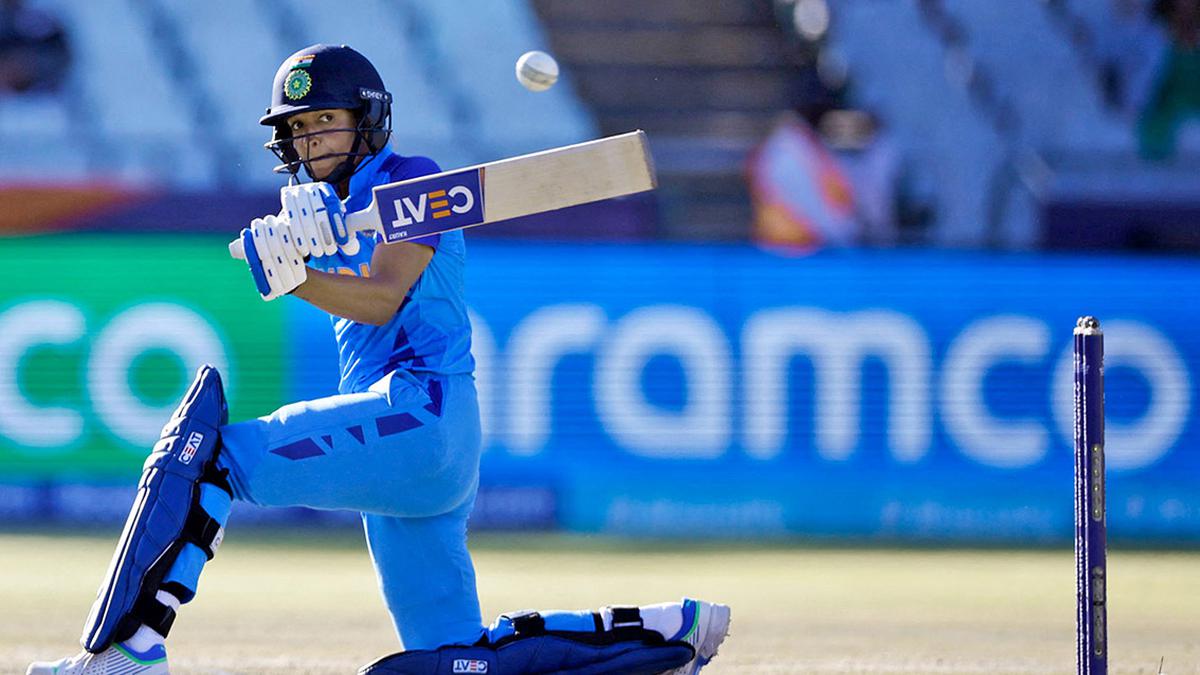
Kinetic energy, passion and emotion are fine, but rules must be respected too Premium
The Hindu
With muscular nationalism or feverish club loyalties affecting fans and their judgements, sportspersons are put on a pedestal. Smugness creeps in and it affects judgement
Women’s cricket in India has come a long way. From the days of pioneers like Diana Edulji and Shantha Rangaswamy struggling with meagre resources, followed by the era of Mithali Raj and Jhulan Goswami, who with their staggering numbers, carved a niche for themselves, Indian women’s cricket acquired a distinct identity.
Upon this ballast of hard work and sweat, the present crop has added layers of efficiency, topped it with effervescence and kept the fans glued to their seats. Harmanpreet Kaur or a Jemimah Rodrigues occupy this spectrum where the athlete becomes a larger-than-life personality. The women have shown that they are never inferior to their much-feted male counterparts. The BCCI recognised this level playing field and established parity in terms of match fees even if central contracts tend to offer more money to the male stars.
In this current scenario featuring relatively more matches and soaring recognition, Harmanpreet, the Indian captain, added a bitter touch with her recent outburst during the third ODI against Bangladesh. Adjudged as dismissed by Nahida Akter, a petulant Harmanpreet swung her bat and smashed the stumps. The match eventually ended in a tie and the three-game series concluded in a 1-1 stalemate. But even if the overall result stayed on an even keel, all that lingered was the foul mood which an angry batter needlessly gifted to a contest that walked the razor’s edge.
As a skipper, Harmanpreet had to set the right example but she failed. After her brain-fade moment, she made strong remarks against the umpires during the post-match presentation function and added dollops of sarcasm at the combined team photograph event. Stewing in her rage, she told Bangladesh captain Nigar Sultana to get the umpires along as they too seemed part of the squad. It was a low blow and after a few days of contemplation, the ICC suspended the Indian captain for two matches besides imposing a hefty fine. It would mean that Harmanpreet would miss India’s first two matches at the forthcoming Asian Games in China.
High-performance athletes with a certain presence are passionate about their craft and at times succumb to the messiah-syndrome wherein in their mind they cannot do anything wrong. Reflexively, it causes heart-burn as sport, with its whimsical air, tends to alter scripts. Harmanpreet joined a vast legion of superstars who forget that sport isn’t just about kinetic energy and unrelenting focus, but it is also about grace and kindness while striving for excellence. With muscular nationalism or feverish club loyalties affecting fans and their judgements, sportspersons are put on a pedestal. Smugness creeps in and it affects judgement.
Serena Williams’ tantrums at the chair umpire Carlos Ramos during the 2018 US Open final against Naomi Osaka, will always remain that tiny dark cloud despite all her incandescent halo. Switching to cricket, Harmanpreet has many predecessors wallowing in the ripple of anger. M.S. Dhoni, Captain Cool for most, once stormed towards the pitch from the dugout and argued with the umpires. In the hyped universe of the Indian Premier League, the Chennai Super Kings leader’s misdemeanour was looked upon with a sense of indulgence!
Virat Kohli’s angry statements in close proximity to the stump microphone during India’s tour of South Africa last year was in poor taste too. Even if he was sending a message across to the third umpire and official broadcaster, this method was uncalled for. Leaders ought to douse the flames and not add fuel to it. At the highest level of sport, the pressure is gargantuan and the athlete is up for intense scrutiny. Anger can seep through but it is essential that emotions are reigned in.













